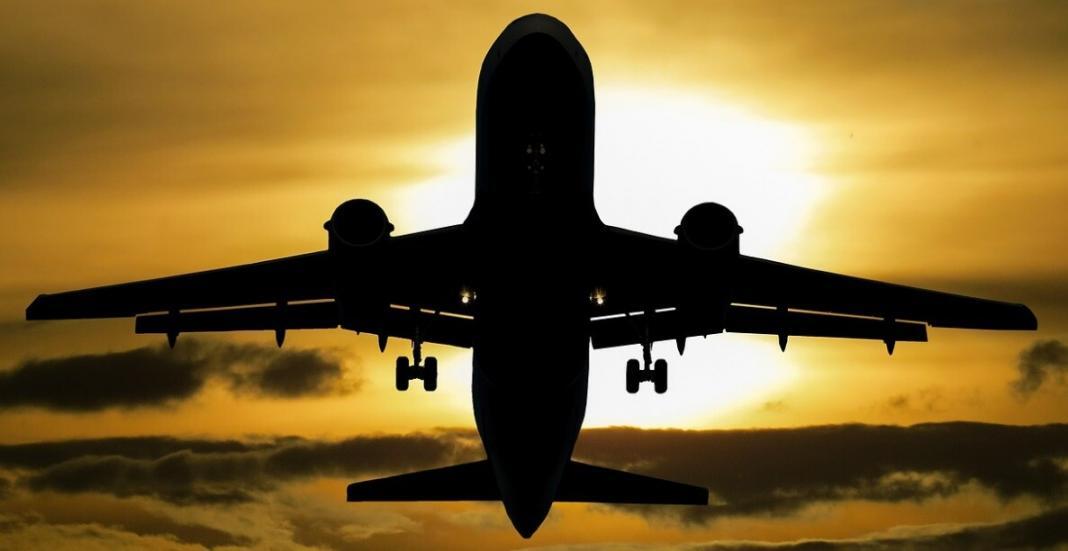Aviation hydraulics is a system of transmitting power using pressurized fluids. It plays a critical role in modern aircraft, providing power to various systems such as landing gear, brakes, and flaps. This article will discuss five important things you need to know about aviation hydraulics.
Aircraft Hydraulics: What You Should Know
The function of Aviation Hydraulics
The primary function of aviation hydraulics is to transmit power through the fluid. This system uses hydraulic fluid to operate various aircraft components, such as landing gear, flaps, and brakes. Hydraulics use a pump to pressurize the fluid, which then flows through the tubing to the system it operates. When the pressure is released, the fluid returns to the reservoir for use.
Importance of Aviation Hydraulics
The importance of aviation hydraulics is clear when you consider how critical it is to the safe operation of an aircraft. Hydraulics are used to operate critical systems, such as the landing gear, which is essential for safe takeoff and landing. An aircraft cannot function properly without hydraulic power, making it a vital component of modern aviation.
Types of Hydraulic Systems
Two main types of hydraulic systems are used in aircraft: open and closed. Open systems use a reservoir exposed to the atmosphere, while closed systems are sealed and do not allow air to enter. Closed systems are more common in modern aircraft due to their reliability and safety, and they also allow for more precise control over hydraulic pressure and flow.
Hydraulic Fluids
The aircraft hydraulic fluid used in aviation hydraulics is specially formulated to meet the rigorous demands of flight. The fluid must be able to operate in extreme temperatures, resist oxidation, and provide adequate lubrication. Most hydraulic fluids used in aircraft are based on mineral oil, but there are also synthetic fluids available that offer improved performance.
Maintenance of Aviation Hydraulics
It is necessary to perform routine maintenance on aircraft hydraulics to guarantee both their safe and dependable functioning. This involves monitoring the fluid levels, checking the tubing for cracks or other problems, and routinely changing the hydraulic fluid. Failing to perform routine maintenance on the hydraulic system may increase the risk of system failure, which can have disastrous effects.
Benefits of Aviation Hydraulics
Increased Reliability
When it comes to delivering power and control in an airplane, hydraulics is a method that is both dependable and effective. In comparison to other types of systems, such as electrical or mechanical, hydraulics has a lower risk of malfunction and is able to function in environments with high pressures and temperatures.
Improved Performance
Hydraulic systems allow for faster and more precise movement of aircraft components, resulting in improved overall performance. This is especially important in critical situations such as takeoff, landing, and in-flight emergencies.
Lower Maintenance Costs
Hydraulic systems require less maintenance compared to other systems, such as mechanical or electrical. This can help reduce maintenance costs and downtime for the aircraft.
Increased Safety
Hydraulic systems are designed with safety in mind, including pressure relief valves, temperature sensors, and filters. These features help ensure the system operates safely and can help prevent accidents or failures.
Challenges of Maintaining Aviation Hydraulics System
Maintenance
Hydraulics systems require regular maintenance to ensure they continue to operate correctly. This can be time-consuming and costly, as it often involves disassembling and inspecting various components.
Complexity
Hydraulics systems can be complex, with many components and parts that must work together seamlessly. This complexity can make troubleshooting and repair more challenging and time-consuming.
Leaks
Hydraulic fluid leaks can occur, which can be dangerous and lead to equipment failure. Detecting and repairing leaks requires specialized equipment and expertise.
Weight
Hydraulic systems add weight to an aircraft, affecting fuel efficiency and payload capacity. This can be especially problematic for smaller aircraft or those with limited cargo space.
Conclusion
Aviation hydraulics is essential to modern aircraft, providing power to critical systems such as the landing gear and brakes. It is important to understand how these systems work and the importance of proper maintenance to ensure the safe and reliable operation of the aircraft. By following proper maintenance procedures and understanding the basic principles of aviation hydraulics, aircraft operators can ensure that their aircraft operate safely and efficiently.
You may want to read more,







